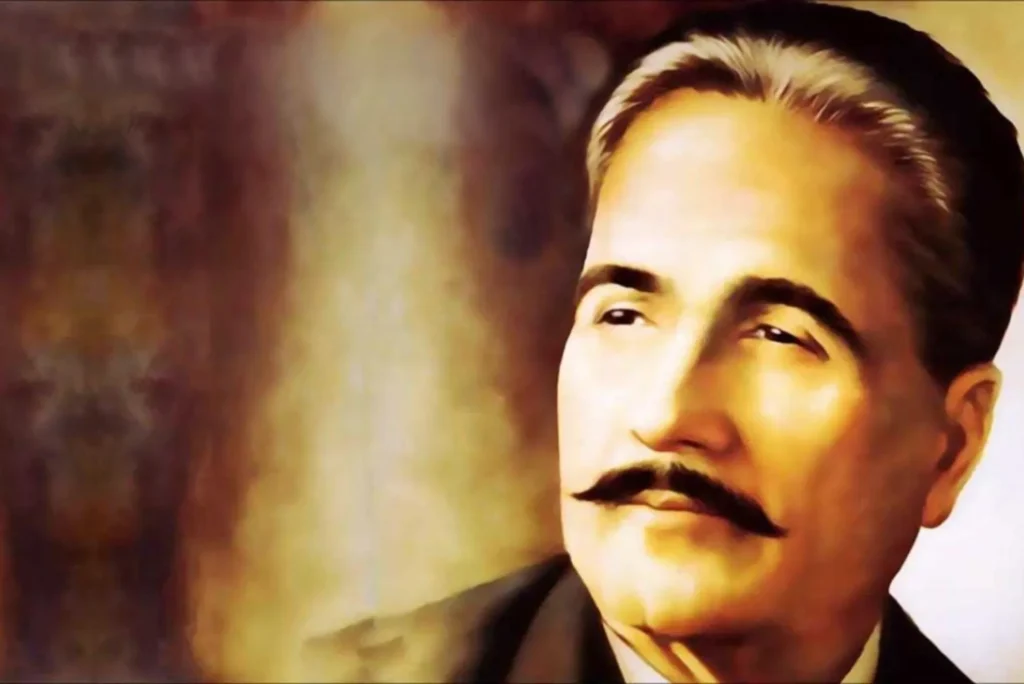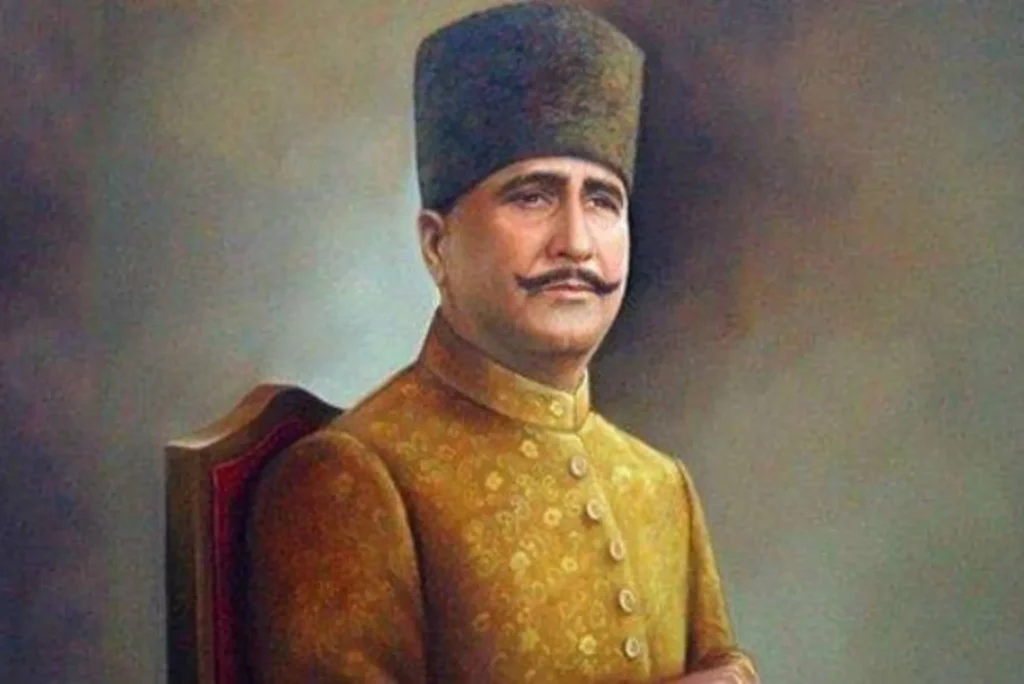“Sare Jahan Se Acha,” a timeless ode to patriotism, resonates deeply with millions across India and beyond. However, the identity of its creator has long been shrouded in mystery, sparking curiosity and intrigue among enthusiasts and scholars alike.
Exploring the Origins
To understand the significance of “Sare Jahan Se Acha,” it’s crucial to delve into its historical context. The song emerged during India’s struggle for independence, serving as a powerful expression of national pride and unity. Its lyrics encapsulate the spirit of the Indian freedom movement, inspiring generations to come.

The Mystery Unraveled:Who Wrote “Sare Jahan Se Acha”?
Over the years, various theories and speculations have emerged regarding the songwriter’s identity. However, recent research and analysis have shed light on the true genius behind the iconic anthem. Through diligent investigation, scholars have confirmed the identity of the individual responsible for crafting this masterpiece.
Neha Kakkar’s Rendition: A Tribute to Patriotism
In contemporary times, “Sare Jahan Se Acha” continues to resonate with audiences, thanks in part to reinterpretations by modern artists. One notable rendition is by Neha Kakkar, whose soulful rendition pays homage to the enduring legacy of the song. Kakkar’s rendition breathes new life into the classic anthem, captivating audiences with her emotive vocals and heartfelt rendition.
Arijit Singh and the Price of Artistry
While Neha Kakkar’s rendition adds a contemporary touch to “Sare Jahan Se Acha,” it’s essential to acknowledge the contributions of artists like Arijit Singh in shaping the music industry. Arijit Singh, known for his unmatched talent and versatility, commands significant fees per song, reflecting the value of his artistry in today’s competitive music landscape.
“Sare Jahan Se Acha” stands as a timeless testament to India’s rich cultural heritage and spirit of unity. As we unravel the mystery behind its creation and celebrate the contributions of artists like Neha Kakkar Song and Arijit Singh, we honor the enduring legacy of this iconic anthem, reminding us of the power of music to inspire, unite, and uplift nations.
“Sare Jahan Se Acha,” often referred to as the unofficial national anthem of India, holds a special place in the hearts of millions. The song’s evocative lyrics, which translate to “Better than the entire world,” resonate deeply with the spirit of patriotism and unity. However, the question of who penned these iconic words has been a subject of debate and speculation for decades.
The origins of “Sare Jahan Se Acha” can be traced back to the late 19th century, during India’s struggle for independence from British colonial rule. The song is believed to have been written by Muhammad Iqbal, a prominent philosopher, poet, and politician who played a significant role in the Indian independence movement.
Muhammad Iqbal, often referred to as Allama Iqbal, was known for his profound poetry, which explored themes of spirituality, philosophy, and nationalism. He wrote “Sare Jahan Se Acha” in 1904 as a tribute to the unity and diversity of India, celebrating the country’s rich cultural heritage and its potential for greatness.

The song’s lyrics, originally written in Urdu, convey a sense of pride in India’s past achievements and optimism for its future. It reflects Iqbal’s vision of a united and prosperous India, free from the shackles of colonialism and embracing its cultural diversity as a source of strength.
Despite the widespread belief that Muhammad Iqbal is the author of “Sare Jahan Se Acha,” there has been some controversy surrounding its attribution. Some scholars argue that the song may have been written by another poet or that it evolved over time through oral tradition, making it difficult to determine a single author.
However, the prevailing consensus among historians and scholars is that Muhammad Iqbal is indeed the rightful author of “Sare Jahan Se Acha.” His profound impact on Indian literature and his role in shaping the country’s cultural and political landscape solidify his legacy as one of India’s most revered poets and thinkers.
In conclusion, while the question of who wrote “Sare Jahan Se Acha” may still linger in some circles, the overwhelming evidence points to Muhammad Iqbal as its true author. His timeless words continue to inspire generations of Indians, serving as a powerful reminder of the enduring spirit of patriotism and unity.



